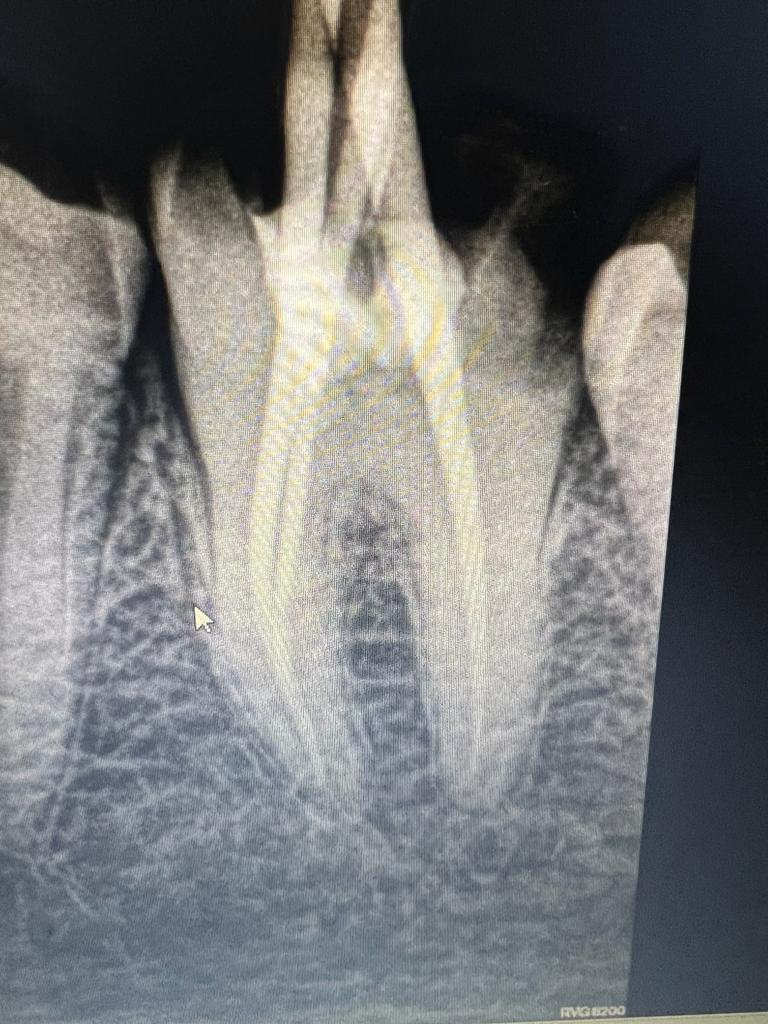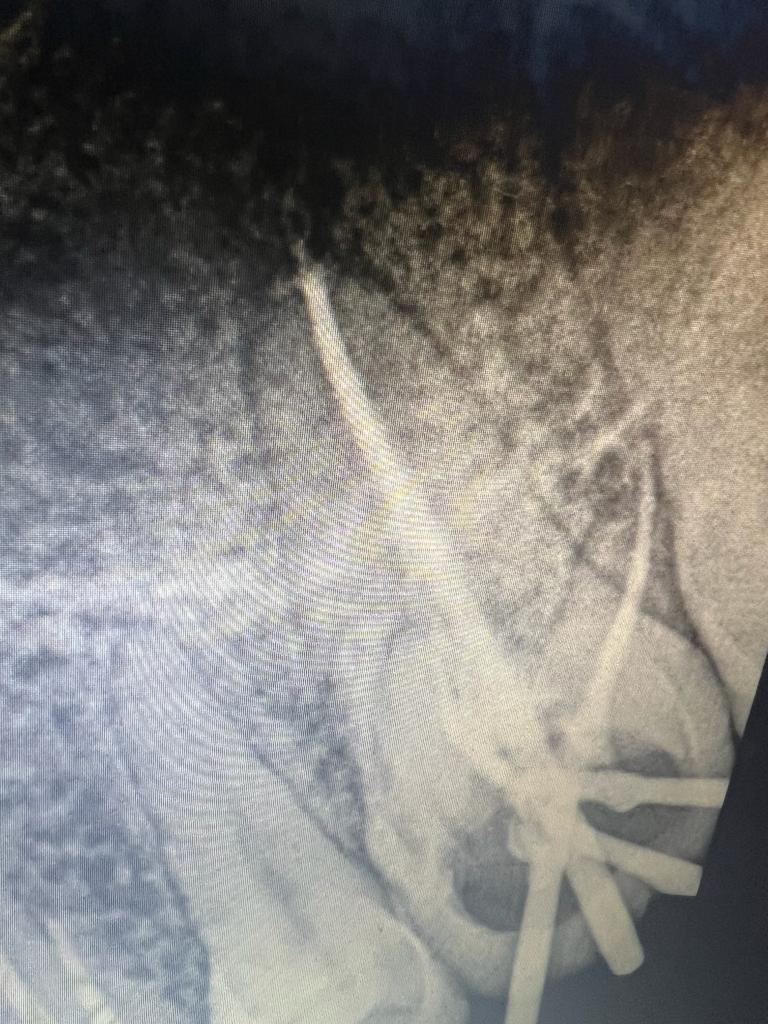
Tooth pain can strike at the most inconvenient times, and sometimes, it's more than just a cavity. If you're experiencing persistent discomfort or notice something unusual in your mouth, you might be dealing with an infected tooth that needs root canal treatment.
At Teeth Care Multispeciality Dental Clinic, we often see patients who delay treatment because they don't recognize the early signs. Unfortunately, by the time they come in, the condition may have worsened.
Let's start by understanding what a root canal actually involves.
A root canal is a dental procedure designed to save a damaged or infected tooth. Inside every tooth is a soft tissue called the pulp, which contains nerves, blood vessels, and connective tissue. When this pulp becomes inflamed or infected due to decay, cracks, or trauma, it can cause severe pain and even lead to abscesses.
A root canal involves:
Without this procedure, the tooth may eventually need to be extracted.


Delaying root canal treatment can lead to:
Knowing the signs early gives you the best chance to save your tooth with a minimally invasive procedure.
Here are the most common symptoms that suggest the need for root canal therapy. If you're experiencing any of these, schedule a consultation at Teeth Care Multispeciality Dental Clinic as soon as possible.
Pain is the most obvious indicator that something is wrong. However, not all toothaches require a root canal. What distinguishes root canal pain is that it tends to be deep, throbbing, and unrelenting.
You may feel:
Why it happens:
An inflamed or infected pulp irritates the nerve endings, creating sharp or dull persistent pain that doesn't respond well to medication.
It's normal to feel brief sensitivity to temperature changes, especially after eating something cold like ice cream. However, if the pain lingers for 30 seconds or more, that's a strong sign of nerve damage.
You may experience:
What it means:
The damaged pulp can't regulate temperature properly. As the tissue dies, it becomes more sensitive to extremes.
If one of your teeth begins to turn dark yellow, gray, or brown, this may be due to internal pulp damage rather than external staining.
Why it happens:
The breakdown of nerve tissue or internal bleeding from trauma can discolor the inside of the tooth, giving it a dull or "dead" appearance.
Unlike coffee or wine stains, this type of discoloration doesn't respond to whitening treatments.
Infected pulp can lead to inflammation in the surrounding gum tissue. This may cause:
Why this matters:
Swollen gums could indicate that an abscess is forming at the root tip, a serious infection that can damage bone and spread to other areas.
This type of pain is mechanical-it happens when pressure is applied to the tooth, such as during eating, brushing, or even when tapping it with your tongue.
This may be due to:
Important:
Pain when chewing is often misdiagnosed as a cavity or sinus issue. If the pain is sharp and persists, a root canal may be the right solution.
Have you recently bitten down on something hard-like a bone or a pen-and felt a crack? Even small fractures can expose the pulp to bacteria, causing infection.
Causes include:
Warning signs:
If an adult tooth suddenly becomes mobile, it may be a sign of advanced pulp infection and abscess formation. The build-up of pus can soften the bone surrounding the root, leading to mobility.
Other causes of a loose tooth:
Contrary to popular belief, modern root canals are no more painful than getting a filling. At Teeth Care Multispeciality Dental Clinic, our specialists ensure your comfort every step of the way.
Here is the complete process that gets your tooth healed with root canal.
Root canal recovery is typically smooth. You might feel minor soreness, which is manageable with medication.
Most patients can return to work or school the next day.
Here are the common myths related to root canal treatment.
| Myth | Fact |
|---|---|
| Root canals are very painful | Modern anesthesia makes them virtually painless |
| Root canals remove the tooth | They actually save the natural tooth |
| Only people in pain need a root canal | Some infections are silent until it's too late |
| Root canals cause health problems | This myth is based on outdated, debunked research |
If you experience any of the above signs, don't wait. Early intervention can save your tooth and prevent more complex and expensive treatments later.
At Teeth Care Multispeciality Dental Clinic, we use advanced diagnostic tools like:
Our expert endodontists will evaluate your symptoms and determine the best course of action-whether it's a root canal or a less invasive option.
Conclusion
Your oral health is more than just a nice smile-it's a window into your overall well-being. The signs that you may need a root canal are your body's way of saying something isn't right. Whether it's a persistent toothache, unexplained sensitivity, or swelling around a single tooth, these symptoms are not to be ignored.
The earlier you identify the problem, the greater your chances of saving your natural tooth with minimal discomfort and cost. Thanks to modern dental advancements and skilled specialists at Teeth Care Multispeciality Dental Clinic, root canal treatment today is faster, safer, and virtually painless.
We understand that dental anxiety is real. That's why our compassionate team takes the time to explain every step, answer your questions, and ensure you're as comfortable as possible throughout the process. Your comfort, health, and confidence are our top priorities.
So if you've been experiencing any of the 7 warning signs discussed-whether mild or severe-don't wait for the pain to get worse. Timely treatment can mean the difference between restoring your tooth or losing it altogether.